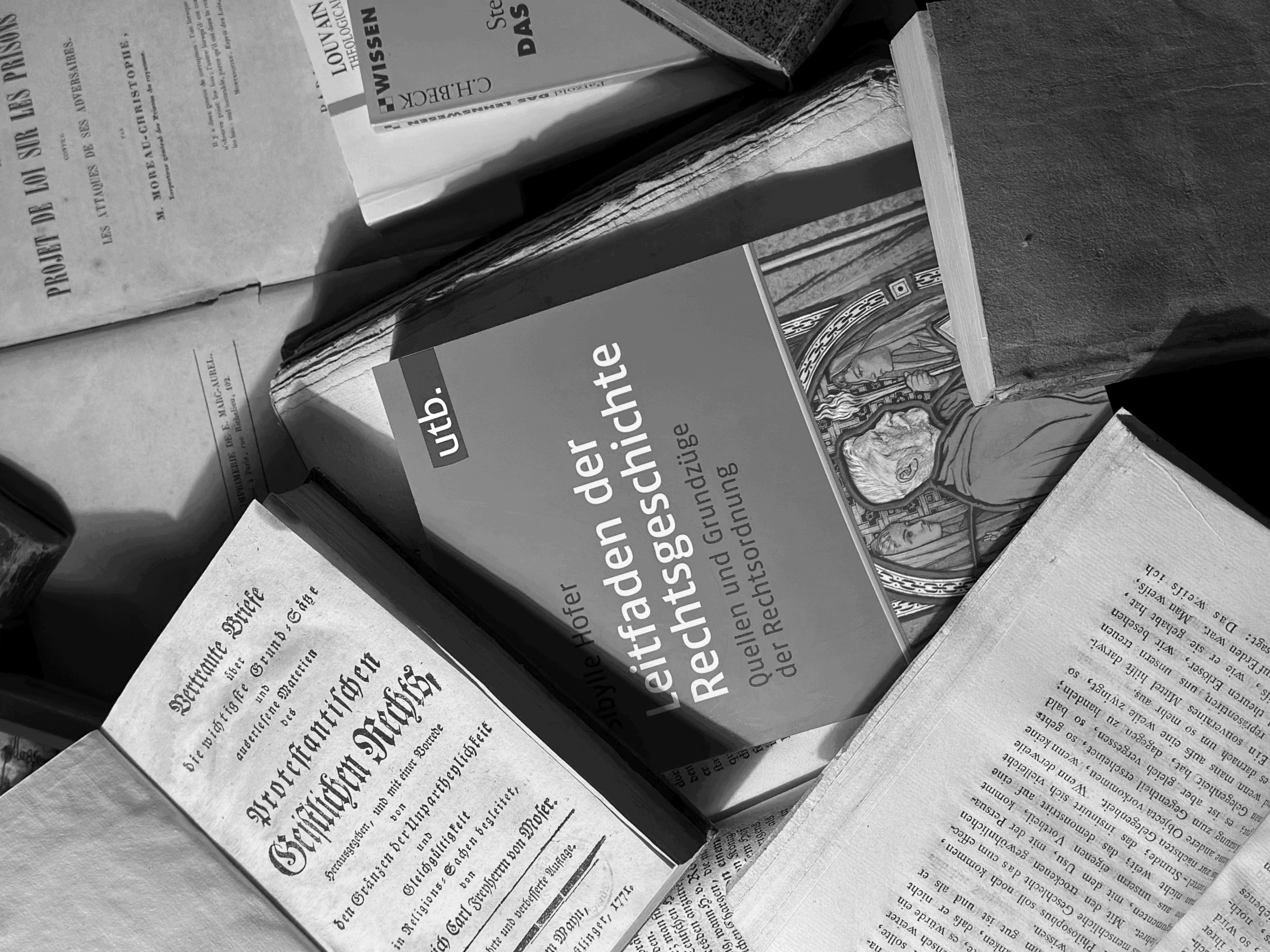Upcoming events
International Medieval Congress 2026
The IMC provides an interdisciplinary forum for the discussion of all aspects of Medieval Studies. Proposals on any topic related to the Middle Ages are welcome. Every year the IMC also chooses a special thematic focus. In 2026, this will be ‘Temporalities’. It will take place from the 6th to the 9th of July, 2026 and this will be the fifth fully-hybrid event. There will be an in-person gathering in Leeds with a virtual component for those unable to attend in person.
For more information on the ICM 2026 conference please visit the conference website here
Call for Papers: IMC 2026 “Temporalitites”
ICMAC at the Leeds International Medieval Congress, University of Leeds (UK), 6-9 July 2026: Call for Session and Paper Proposals
ICMAC (Iuris canonici medii aevi consociatio) plans to run sessions again at the Leeds International Medieval Congress in July 2026. Proposals are therefore welcome for papers or sessions on any area or period of medieval canon law from Late Antiquity to the Later Middle Ages. We are particularly open to proposals from early career scholars. The IMC is once again proposing a hybrid conference, with online participation available for those who cannot attend in person. We will give preference to in-person presenters. As in past years, we are seeking to run four sessions to fill an entire day (Tuesday or Wednesday) at Leeds.
The IMC theme in 2026 is ‘Temporalities’ (Call for Papers: IMC 2026 - 'Temporalities' | International Medieval Congress) relevant in various ways to medieval canon law. We particularly encourage papers or thematic sessions that engage with this broad theme, including perceptions and concepts of time; calculation, measurement and estimation of time; the documentation and narratives of time, and so forth (see the theme description via the link above). The theme is especially relevant to medieval canon law when considering how court proceedings were mapped against time; the role of time and memory in legal rights such as those acquired by prescription; legal narratives in petitions, depositions and other legal documents; and even the concept of ‘temporalities’ as kinds of church property and income (in contrast to ‘spiritualities’).We also encourage papers encompassing any other theme in medieval canon law, such as: the transmission of texts, development of legal networks and schools; doctrine and jurisprudence; manuscript analyses; work on editions; courts, procedure and legal practice.
Individual papers should be 20 minutes long, and we can organise paper proposals into sessions. Prearranged sessions should include three papers and have an overall theme; (we can help with moderators). Although Leeds will accept papers in all the main scholarly languages, papers in English are preferred purely for practical reasons, although the Leeds audience now often includes non-native speakers. Prospective participants are requested to send either a paper title and short abstract (100-150 words, to give a good sense of the proposed topic) or details of a planned session (i.e. session title, paper titles, participants, and session abstract of similar length) along with contact details and institutional affiliations, to Peter Clarke (p.d.clarke@soton.ac.uk) and Jason Taliadoros (jason.taliadoros@:deakin.edu.au) before 16 September 2025. Please also indicate whether you would prefer to present in-person or virtually.
International Medieval Congress 2025
Drawing medievalists from over 60 countries, with more than 2,000 individual papers as well as public concerts, performances, excursions, bookfairs and more, the International Medieval Congress (IMC) is Europe's largest forum for sharing ideas in medieval studies.

Test Event
Location:
Leuven, Belgium
Description:
The International Society of Medieval Canon Law invites scholars to a one-day symposium exploring the role of medieval canon law in shaping European political and legal systems. The event will feature keynote speaker Professor Emma Greene (University of Paris) and a roundtable discussion on newly discovered legal manuscripts.
Registration:
Open until September 30, 2024.